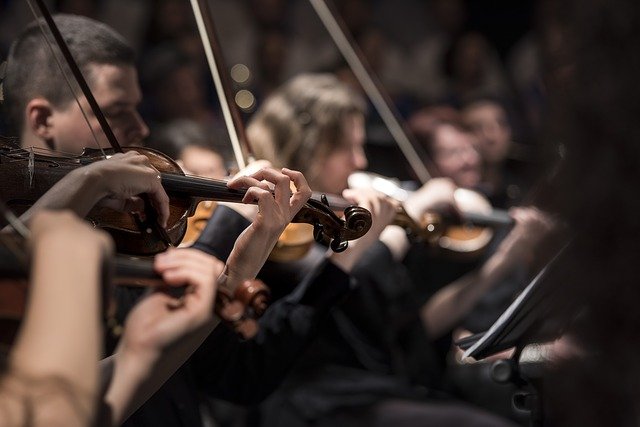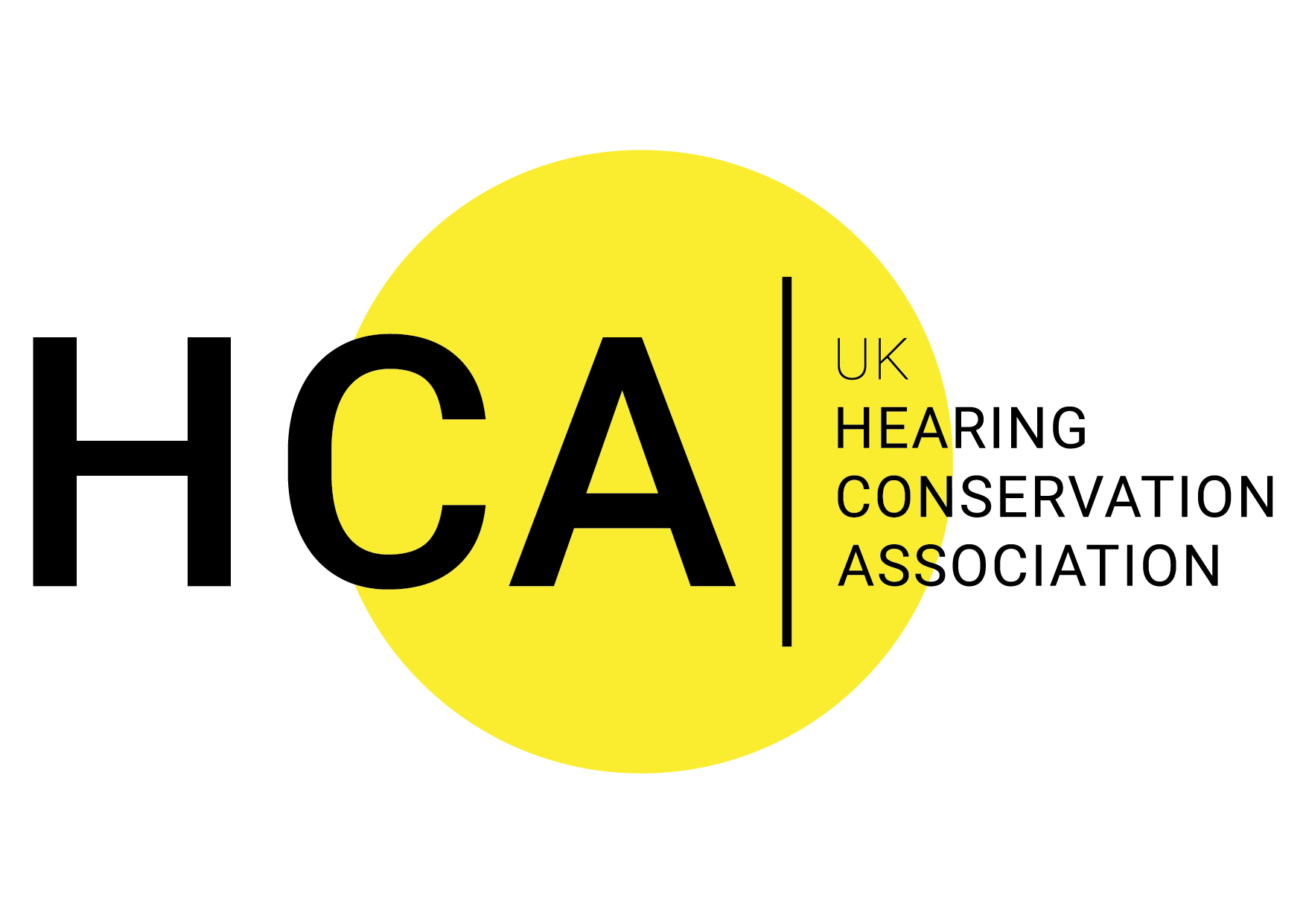Music and Entertainment
Hearing conservation in music and entertainment

Those working in Music and Entertainment, such as performing musicians, may be at risk of hearing damage and other associated health concerns as a result of exposure to sound. While music is not noise, the same regulations apply to the sector as to other work places. Our hearing is precious, and vital to the livelihoods of professional musicians and enjoyment of the music we listen to. Employers have a legal responsibility to protect their employees from damage to their auditory health. Educators, students and performers need to work together to conserve hearing.
An effective hearing conservation strategy enables one to implement measures to manage the risks involved. Recent best practice guidance explains the steps needed to implement such a strategy for performers. This includes hearing health surveillance tests that at the earliest stages measure the function of the inner ear and detect potentially risky early changes that will eventually, if not addressed, result in hearing loss.
Guidance and advice
Hearing conservation for performers
UKHCA supports the best practice guidelines Hearing Conservation for Performers, produced by the British Asssociation for Performing Arts Medicine (BAPAM) and Healthy Conservatoires.
Download Hearing Conservation for Performers!WHO global standard for safe listening venues & events
The World Health Organisation published a standard on safe listening venues and events in 2022. The standard comprises six “features” which, when implemented, allow audience members around the world to enjoy amplified music with protection of their hearing, while also preserving the integrity of the artistic experience.

Guidance videos
Four educational videos, produced by Healthy Conservatoires and BAPAM:
Music and Entertainment Special Interest Group (SIG)
The Music & Entertainment SIG specialises in activity relating to auditory health in the music or performance sectors. Its current aims are:
- To educate and inform performing musicians about best practice in hearing conservation.
- To promote best practice in hearing conservation for musicians to key stakeholders in the music industry, equipment manufacturing, and testing/standardisation/audiology.
(Chair: Rob Shepheard)
Contact us if you are interested in joining this SIG.
External links
Sound Advice
Sound Advice contains practical guidelines on the control of noise at work in music and entertainment. Representatives of music and entertainment industries together with Environmental Health Officers and the Health and Safety Executive (HSE) prepared the guidance.
Help Musicians UK
Help Musicians is the leading UK charity for musicians of all genres, from starting out through to retirement, providing advice and support.
Useful research
Published papers and other research work recommended as background study by the Music and Entertainment SIG.
Videos
Face the Music: Hearing and the Sound of Performance
Professor Stephen Dance has spent the past 14 years collaborating with leading music organisations on acoustic solutions. In this lecture he presents his research focused on providing education, raising awareness, and producing designs which would allow these extraordinarily talented and dedicated professionals to continue to perform to the very highest standards.
Case Studies
Royal Academy of Music Case Study
Over the past 15 years an educational awareness and hearing health surveillance programme has helped five thousand music students understand the risks and mitigation measures now available for musical performance.
5 ways to protect your Hearing
With the World Health Organisation (WHO Report ) suggesting that more than 1 billion of us are at risk of permanent hearing loss here are 5 ways you can protect your hearing.
1.
Firstly, test your hearing. Try the easy, free app, hearWHO (Link to hearWHO app). Keep a record of your score and retest yourself every six months or so. If you are worried about your hearing see your doctor.
2.
Try to avoid exposure to loud sounds/long periods of exposure. Loud sounds are common at live events, music and motorsport, when shooting, using power tools, lawn mowers and riding motorcycles. If you are attending, taking part or using noisy equipment make sure you wear hearing protection.
3.
A common source of large sound doses is from using headphones. Consider timing how long you are using your headphones are and check out your listening levels. It may help you to download a hearing safeguarding app, which will total the time and level for you, and let you know when you’re overdoing it.
4.
Upgrade your ear buds to good quality ‘over-ear’ headphones which will reduce the background noise so you can listen at a lower level. For the noisy public transport consider buying active noise cancelling headphones.
5.
When you go to live music events take hearing protection with you and use it when the support act is on to give your ears a break and leave them fresh for the main attraction.
